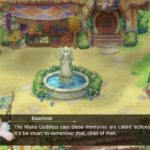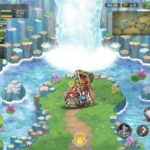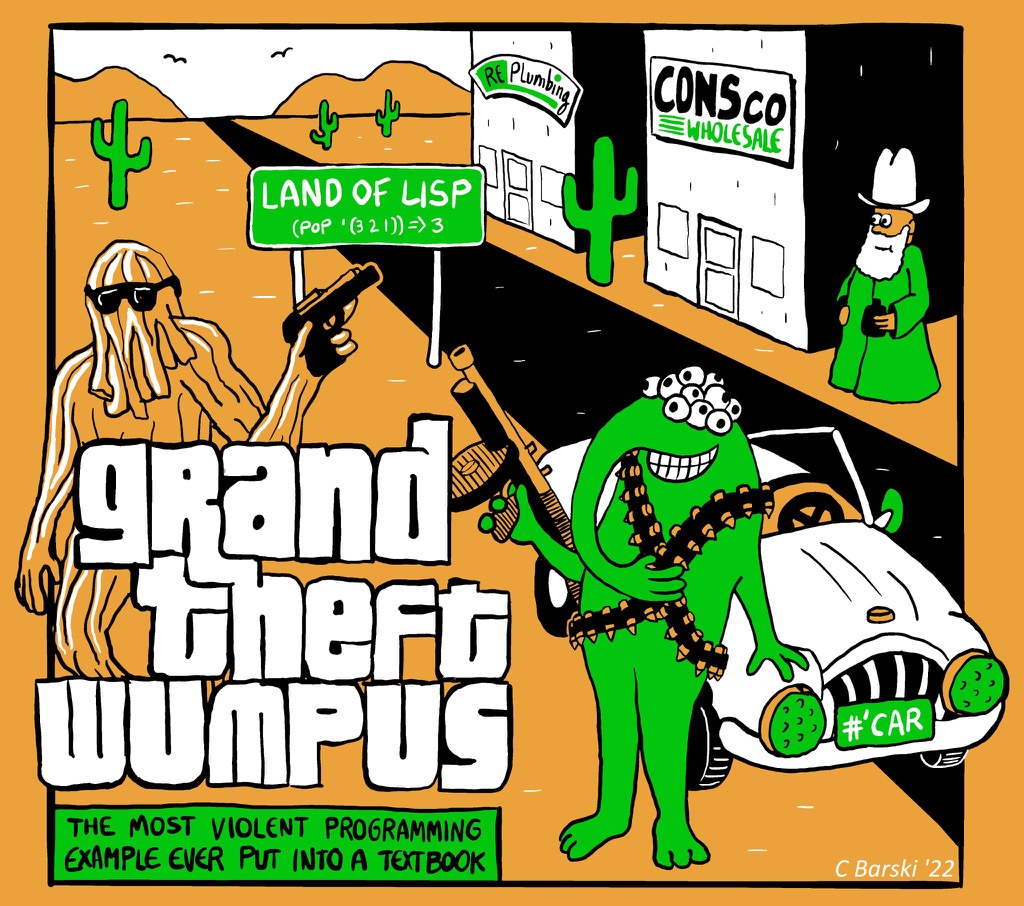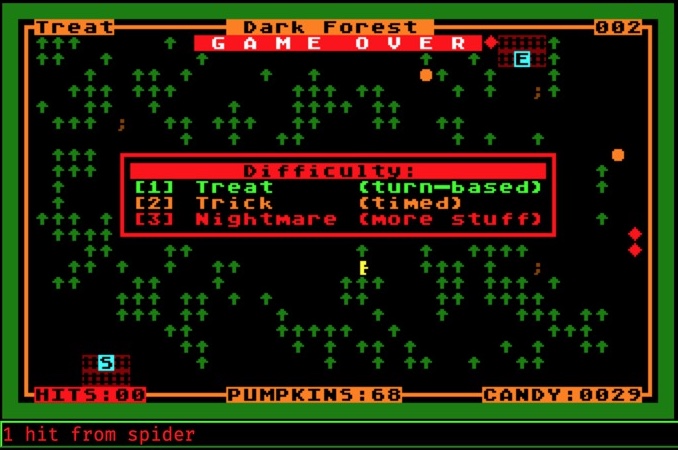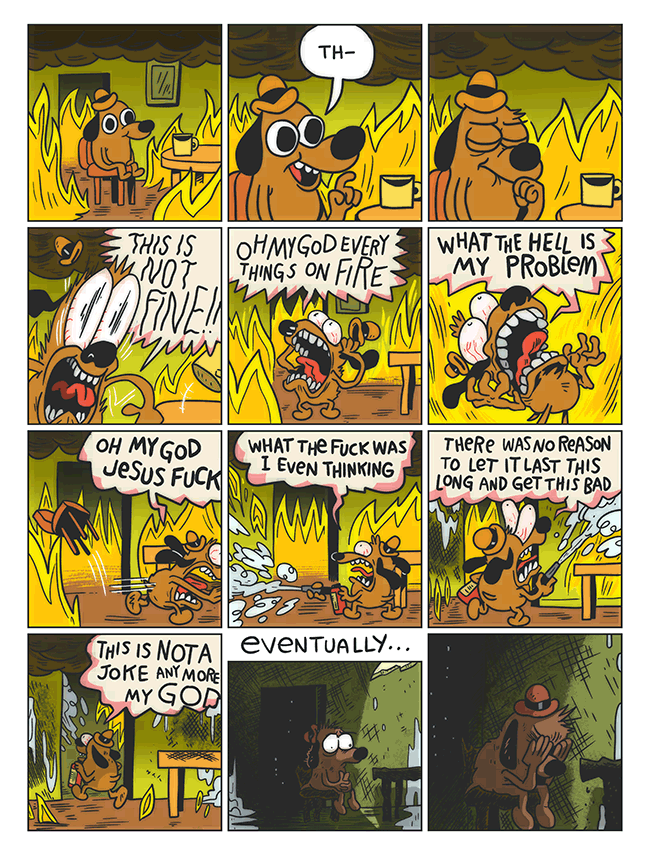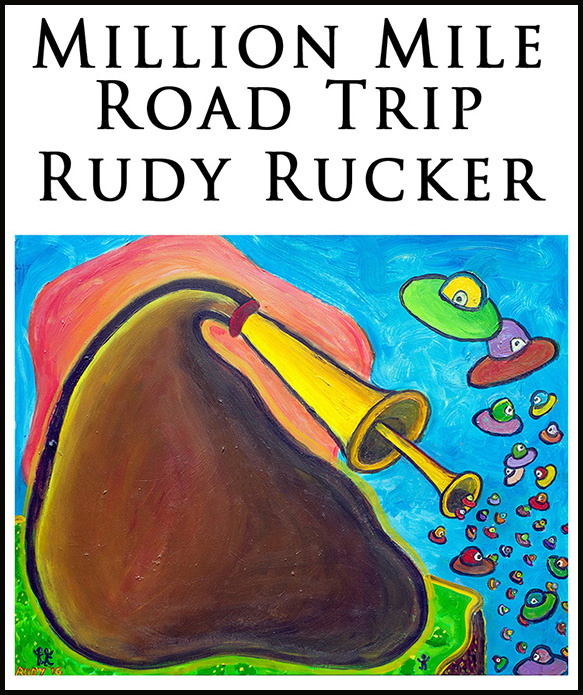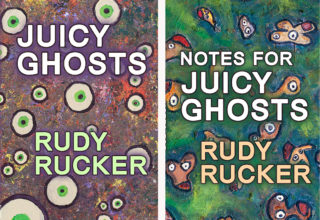- Official site and game has just launched.
Click thru Pre-Registration at the bottom for App Store/Google Play links, you should still get pre-reg bonuses for this first week, but I don't know when it ends.
It's by Squenix and developed by Wright Flyer Studios, who previously did Another Eden and DanMachi, both of which got years-long runs on my devices, and I love the Secrets of Mana series, so I'm willing to give this a try.
The art and music are beautiful as usual. It's just nice to wander around and look at.
Gameplay, it's a mix of good and disappointing. The main game hub is a crappy^W beloved peasant village initially overrun by patchwork goblins, standard click-on-all-the-menus to collect coins/gems/whatever to pump up your party, summon from a gacha pool, combine duplicates to upgrade characters. The game so far is fairly generous with general-purpose "dolls" for upgrading anyone. Once you get thru chapter 2, you can "ascend" the dumb one-star main character and start upgrading them. Apparently every character can be upgraded to 6-star, maxed out, so there's no wrong choices, just faster or slower ones.
The quest system is very linear, click on the next box and do a visual-novel-like story or a fight scene, collect rewards, repeat forever. There's a big set of training/resource "dungeons" (just 1-2 rooms so far) for levelling and getting upgrade materials. The game forces a tutorial down your throat, so every so often you just have to do whatever obvious process it's teaching you.
I very much miss Another Eden's open world, wander as a cloud, random fights or giant world bosses in each area. That was a great game, this is merely good. DanMachi started great, but it had only linear combat quests, and then added dozens of alternate costumes to the chars (mostly girls) which all had to be collected and levelled up, which was a pain in the ass, and the PVP in it was very "get the new meta char and win". Let's hope this doesn't go down that money-making hole.
Characters from the gacha are a mix of new to this installment, and classic Mana characters, and some are guaranteed drops, you're not going to be pulling forever to get that one rare char. Your party is 3 main characters and 3 backups who take their place if someone is KO.
The fights are the good part. You control one of three in your party, drag around to move, there's several attack/skill buttons: base attack, powerup attack, group combo attack, and 3 skills. You can switch who you control at any time, the others work on very dumb AI, so make sure they're tanky and probably melee, because they'll walk up and melee anyway; there is a battle strategy control on each char, but it doesn't change much, so I leave it on Balanced or Damage Dealer for the front-liners, and I mostly run Popoi, the fireball-throwing sprite from Secret of Mana.
There doesn't seem to be any overly complex mechanics so far, the elemental mana board system is a stat powerup grid but it's pretty simple. One thing to be aware of is each character uses a different elemental "coin", so spread the elements out in your party. I currently have:
- Popoi (Salamanda = Fire)
- Quilto (Lumina = Light)
- Duran (Gnome = Earth)
- Hawkeye (Shade = Dark)
- Serafina (Undine = Water)
- Raxa (Sylphid = Wind)
I also have Primm (Sylphid = Water) who I like, but she'd conflict with Serafina, and isn't as damaging.
The backups are really only riding along for experience right now, I rarely die. I did have a few deaths, and then I used the mana boards to bump up HP, CON (phys def), and SPI (mag def). Almost everyone can use every stat, except STR is for physical attack, INT is for magical. Gonna be a lot of grinding in the resource dungeons to improve these, but gives you a clear goal to work on every day.
You can buy a few healing/powerup items from the shopkeeper every day, currently 3 candy & 3 chocolate (S & M heals), and assign them on your party Items to keep you alive a little longer.
The cash shop is pretty expensive ($20, $30, $40 packages!), and as usual I start Free-to-Play and only pay in if I'm still playing after a few weeks. We'll see, my patience with gacha games is limited.
I didn't record a fight, it's too chaotic to really show in screenshots. The demo video on the official site is pretty representative.
There's apparently a co-op feature, and friends, which I'll look at later. I don't think there's PVP.
On Reddit and elsewhere, I see people complaining about load times, and I don't see it on iPad. There's a 1-3 second load screen to get back to the game hub from any feature, otherwise everything is instant. I think this is an artifact of using emulators or really slow old Android devices. Get a device not in your box of Cracker Jacks, and it'll be fine.


